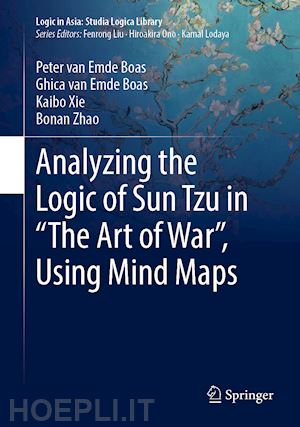Peter van Emde Boas (1945) was born and raised in Amsterdam. In 1969, he obtained a master degree in pure mathematics at the University of Amsterdam. Peter’s interest shifted to Theoretical Computer Science, resulting in a Ph.D. on the subject of Abstract Complexity Theory in 1974. His fields of interest include complexity theory, semantics, database theory, symbolic computational linguistics, game theory, and artificial intelligence. In the field of data structures, he is known as the discoverer of the van Emde Boas Trees. He became in 1977 full professor in Mathematical Computer Science at the University of Amsterdam in the departments of Mathematics and Computer Science. There are 22 Ph.D. students who graduated under Peter’s supervision. During his employment at the University, he organized many seminars and served for over 20 years chairing examination boards in Computer Science, Logic, Artificial Intelligence and Software Engineering. He retired from this position in 2009, but remains active in the Institute of Logic Language and Computation which he helped to found around 1990 and in the joint Amsterdam Chinese Logic Center at Tsinghua University. He is notorious for the questions he poses during talks and seminars. After retiring, he works on the connections between classical Chinese strategy, game theory, and logic.
Ghica van Emde Boas was born as Hendrica Lubsen in Amsterdam, the Netherlands. She received a B.S. in Mathematics from the University of Amsterdam. She worked 30 years for IBM in the Netherlands. She received an outstanding contribution award for developing a test system that marked the end of the punched-cards era. Next, she was a developer of Relational Database Management Systems in its early days. Ghica authored an article in the IBM Journal of Research and Development, "Evaluating Horn Clauses in a Relational Database Environment" (1986), together with Peter van Emde Boas; and in the IBM Systems Journal, “Business Component Prototyper” (2000). Ghica is now retired.
Kaibo Xie was born in Hangzhou, China. He studied philosophy as an undergraduate student at the School of Humanities of Zhejiang University and logic as a master student at Tsinghua University. He got his Ph.D. degree at the Institute for Logic, Language and Computation, University of Amsterdam. His Ph.D. dissertation, "Where Causality, Conditionals and Epistemology meet; A Logical Inquiry" focuses on philosophical problems at the intersection of the study of conditionals, causality and epistemology and investigating logic approaches towards those problems. He has been interested in both Chinese classics and logic since his undergraduate studies. Though his publications mainly focus on philosophical logic, he is also doing research in the field where logic and ancient classics overlap. He is currently working as a postdoc in the Department of Philosophy at Tsinghua University.
Bonan Zhao is a Ph.D. student at the University of Edinburgh. She obtained M.Sc. in Logic, Cum Laude, from the Institute for Logic, Language, and Computation (ILLC) at the University of Amsterdam, and a bachelor’s in philosophy from Tsinghua University, Beijing, China. Her current research is focused on computational models of human causal reasoning and generalization.











